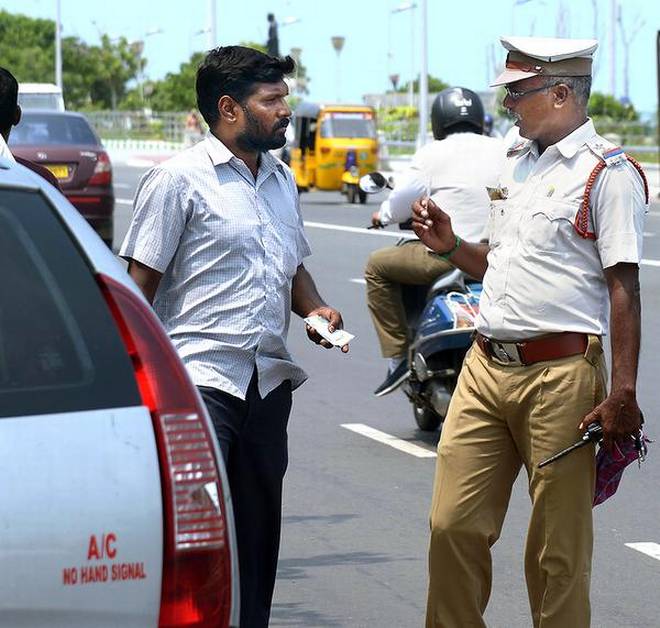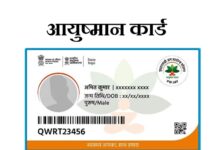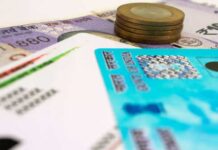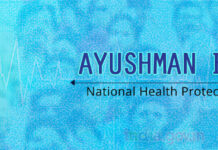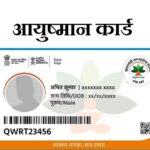This might come to you as a shocker…the government will be selling data, without you even knowing about it and without your consent. This applies to all who own a car or have a driving license.
Wondering what’s the deal? Read on:
The Indian Ministry of Road Transport and Highways has come up with the “Bulk Data Sharing Policy and Procedure”. This means that a company that is at least 50 percent owned by an Indian, can pay Rs. 3 crore to obtain bulk data related to all vehicle registrations and driving licences for the 2019-20 fiscal.
As per the Ministry’s software system named VAHAN, more than 25.5 crore vehicle records have been digitized.
What type of information is being shared? Well, there are 28 different types of information that will be sold to interested parties. This includes vehicle registration number, engine number, model name, colour, dealer’s name, power figure, financer’s name, insurance company’s name, insurance validity and tax paid validity.
If you are thinking that this seemingly harmless information being shared is not a big issue, then you are wrong. This policy can be harmful and here’s how:
By this policy our privacy can be harmed. Although these 28 data points don’t include the vehicle owner’s name, the ministry again is allowing for searching the names with the licence or registration numbers.
And the biggest boomer is that when these shared data is merged with other data sets, then a whole host of personal information can be revealed. The ministry’s circular admits that this is very much possible.
Thus, expect marketing agencies, insurance companies, credit companies, banks and many more get a lot of our personal info including incomes, spending patterns and much more.
This info can make your insurance premium go up, or insurance application and loan applications getting rejected and any more troubles.
Another big issueis that India doesn’t have a data protection law yet. Our country is one of those few major nations in the world that doesn’t have a national privacy and data protection policy in place. Thus, our personal data can be shared, stored and processed without any laws to protect them. And then we don’t even know who owns these data. Do we own our data, or it is the property of the government? There’s no clarification on that.
The Ministry’s circular simply says that the sale of our data will benefit the country’s economy as well as support the transport and automobile industry. The ministry simply doesn’t bother to take our consent to share our data.
So, in a nutshell, we are risking our privacy and buying a lot of troubles for ourselves with this new policy in the name of economy and automobile industry development.
Do you think we are better off without owning a car and a driving licence maybe? Just a thought!


